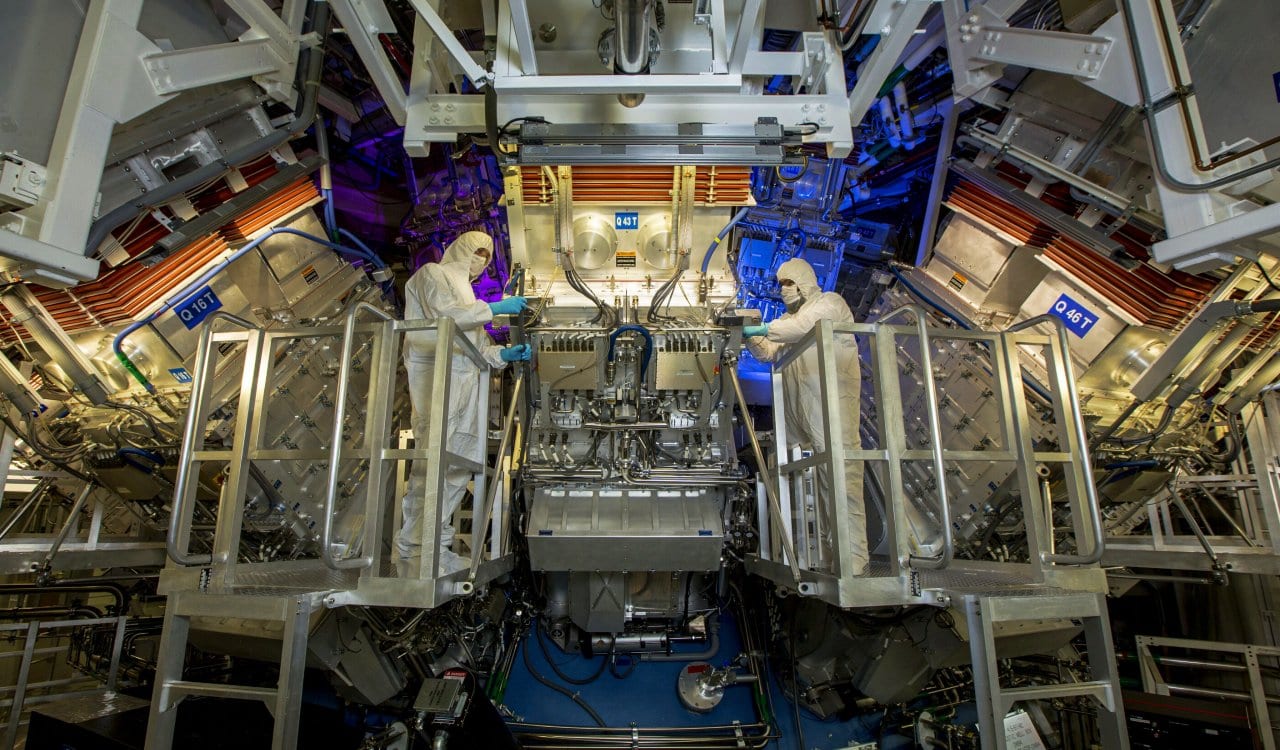Recently, the U.S. Nuclear Ignition Facility announced that they were successful in creating “ignition.” This basically meant that a nuclear reaction was created and generated more energy than it consumed. In other words, nuclear fusion was created for the first time in human history. Of course, nuclear fusion is something we see in stars. They produce a lot of energy and routinely generate more energy than they consume. To grasp the concept of nuclear fusion a little easier, imagine you have a portable battery charged at 100% yet you need to charge your dead phone at 0% charge.
You plug the phone into the portable battery to charge, then come back an hour or two later. You then discover that your battery is still at 100% but your phone is also at 100% too. The battery never left the 100% territory but it still charged your phone entirely. Your battery, due to this, produced a lot of energy and was not phased by it at all. Nuclear fusion works the same way in that it can create a ton of energy to help out humanity. The energy levels fusion produces can be so extreme that it can lead to species-altering opportunities. We decided it would be good to dive into some of the things you can likely expect it to be used for.
A Quick Warning

We should first clarify things a bit. While we will be discussing a ton of great things nuclear fusion will help us with, none of this will happen soon. The experiment that the NIF pulled off was an amazing first step. However, it will not lead to anything major for quite some time. Most of the stuff, especially the important life-altering concepts, will not be available for another 10 to 20 years. These are actually liberal estimates too. Right now, there might be a lot of news about nuclear fusion and what the United States pulled off. Yet if the U.S. does not give the NIF a proper budget to keep working on this, we won’t see much progress stateside. However, this is essentially open science so other nations will likely begin working off of what the U.S. pulled off. Still, all will need money to make this work.
